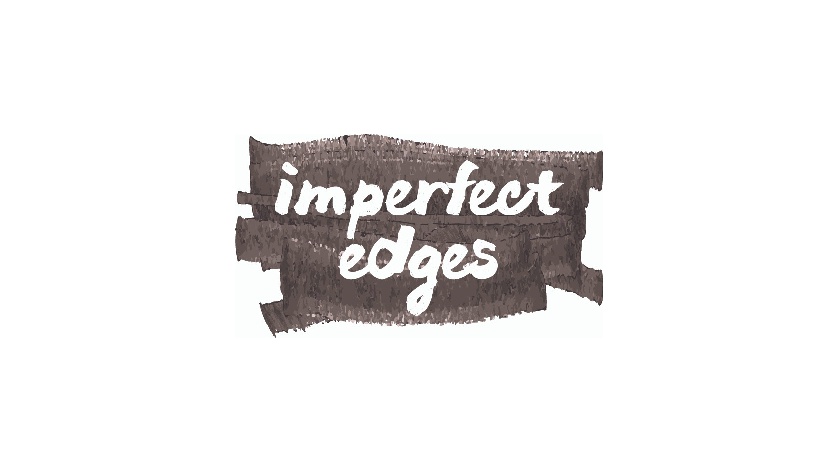Drama Mama. We love to hate it. We hate to love it. We all say we want to avoid it, but every now and then it somehow it ends up invading our peaceful little lives and taking over completely. How does this even happen? Here is a scenario with two possible responses:
Well-meaning (maybe) Acquaintance: “You’ve heard what ____ has been saying about you, right?”

Response 1 (Drama Queen): “No! What!?!?! Tell me EVERYTHING!!! Whatever it is, I deny it all!!!! There must be some sort of misunderstanding!!!! Actually, you know what?? You did not hear this from me, but I heard ____ did ____ anyway!!!” *immediately sucked into vortex of dramaaaaa*
Response 2 (Drama-Free Ninja): “Nope. And whatever it is doesn’t interest me. Anyway, how are YOU?” *Sidesteps vortex of drama. Like a ninja.*
I wish I’d always had those ninja skills. In the past, I gossiped and found drama in the teacher’s lounge, at the gym, over apps at the martini bar, and any number of other places. Getting caught up in drama at first feels juicy and delicious. Maybe because we feel useful/important/noticed? However things get ugly fast. Backs get stabbed (hopefully just figuratively), reputations get mangled, trust gets completely shattered. It might leave you wondering where all the adults have gone. Good news: You can be one.
My recommendation? Stay away from the vortex. Even the outer edges.
Let’s say that Wendy McWordy down the road is telling everybody that you are a bitch, or lazy, or fat, or (horrors!) a hopeless peanut butter addict. This gets back to you. As you begin to panic and get defensive, I happen to come along and remind you not to get sucked into the vortex of drama.
“But, Kristen, she can’t say those things!!! I have to set the story straight! What if everyone believes that I’m a hopeless peanut butter addict?”
At which point I would say to you, with much love: “Who gives a flying fart?” Then I would ask you the following questions:
- Is it true that EVERYONE, I mean EVERY PERSON ALIVE believes that you are a hopeless peanut butter addict?
- Do you want people in your life who believe you are a hopeless peanut butter addict?
- Are you a hopeless peanut butter addict in any way, shape, or form? Even just a little?
- If you are, perhaps this is causing some defensiveness?
- If you aren’t, then could you maybe just laugh at the accusation and go about your business?
In my humble opinion, we put waaaaay too much weight on how others view us. I used to do it too! But then I realized my world is absolutely bursting with people that love me for exactly who I am. Some I’ve known forever, some I’ve just met, and some I have yet to meet. Are any of those super awesome humans hanging out in a vortex of drama? Not likely.
I know how tempting it is to be in the vortex. Somehow we feel as though our value as a human is dependent on feeding the opinions of others. <–When this happens, it is possibly useful to flick oneself between the eyes and remember that this is just simply the wrong approach to life.
Show your value as a human by being kind. By being generous and appreciative. By sidestepping drama and spreading compliments. I’ve worn both the crown of the Drama Queen and the mask of the Drama-Free Ninja. I know which one I prefer. What about you?
Related Posts:
Tell Your Truth: Why Doing the Hard Thing Ultimately Makes Life Easier







